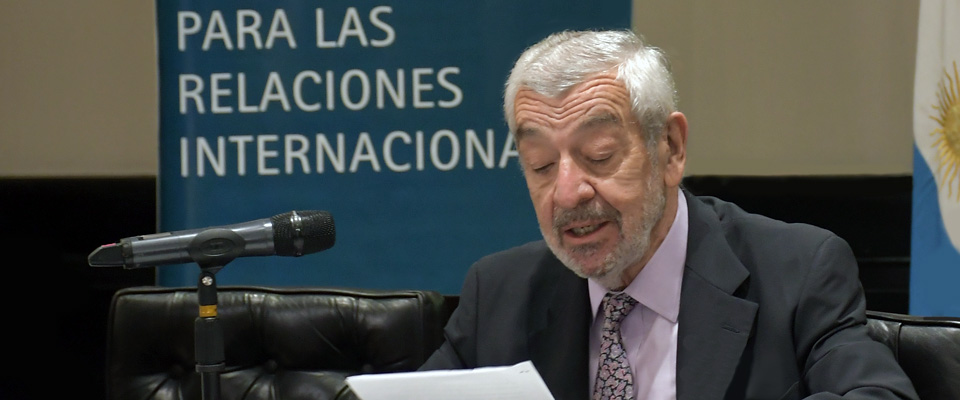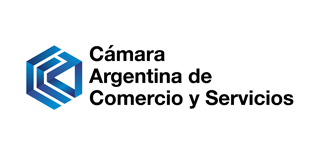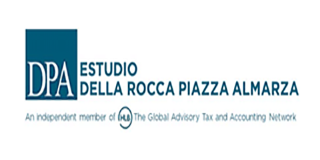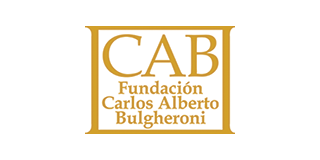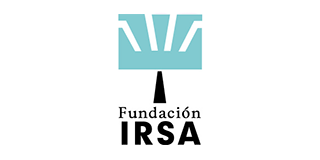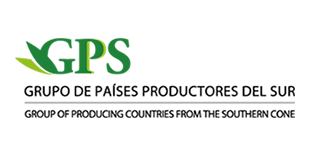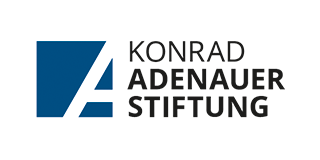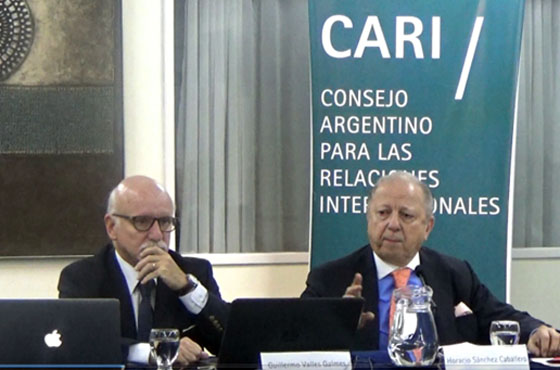
March 11, 2019
Academic session conducted by Uruguayan Ambassador Guillermo Valles Galmés with comments from Vice-President of CARI, Félix Peña. Moderated by Horacio Sánchez Caballero, coordinator of the Southern Producing Country Group, organized by the Southern Producing Country Group
Written by Luciana Pagella and Danielle Bertaux
What we alert is a return to nationalism, institutional erosion
On March 21, 2019, the Argentine Council on International Relations hosted Uruguayan Ambassador Guillermo Valles Galmés and coordinator of the Southern Producing Country Group, Horacio Sanchez Caballero, to discuss the international trade crisis and its effects on the global economy.
Horacio Sánchez Caballero, coordinator of the Southern Producing Country Group and moderator of the session, introduced the topic claiming in the current situation, the competing actors for power, especially those seeking to control international trade, are numerous. To give a clearer perspective on the situation, he emphasized the essential role of a group of thirty-three Latin-Americans, which later resulted in the creation of the Punta del Este Group. The foundation of the Punta del Este Group forged an avenue to express principal concerns and establish guidelines set in place to preserve the current system for years to come.
The Ambassador Guillermo Valles Galmés organized his presentation around three main points; the history of the international trading system, the role of Latin America in the current debate, and the initiatives taken by the Punta del Este group.
First, he discussed the foundation which has made today´s international system and global trading system possible, noting the current challenges have been ahead of us for a long time. In this regard, the Ambassador stated the present conditions invite the countries with the greatest influence on international trade to reassess the priorities.
Due to the nature of the current situation, states are considering the possibility of retiring from the system with protectionist measures that could set us back to the conditions before the Second World War.
The second point of discussion focused on the role of Latin-America should assume in this debate. From his perspective, the actions taken by this original group of thirty-three was the first effort to include the region in the discussion. Moreover, it allowed for additional specialized initiatives to be carried out such as the creation of the Punta del Este Group. According to the speaker, the aim of this group was to create a community aware of the challenges posed by international trade. Moreover, one that would have a strong propositional capability, which far from resembling that of a utopian organization, would give enough recommendations to maintain the proper functioning of the World Trade Organization (WTO).
On this topic, the Ambassador emphasized in the Latin-American community, experts in international trade noticed that there no reform plan, nor was the voice of the Latin America heard.
There is not a reform process of the WTO (…) there are only flashes of centers of power. There is no process and Latin America has no voice
The third and final point of discussion focused on the debates and proposals made in the meetings of the Punta del Este Group. Both he and the other members of the Group highlighted the need to preserve the resolution of preferences system given its quality of submission and compliance and effectiveness when solving conflicts between States. To achieve this, the Ambassador expressed the necessity of its members to think and analyze the similarities and differences with previous periods and the dynamics of the relations between the existent actors.
The particular and most important feature, he stated, is that apart from other times when the convergence attitude prevailed, especially between the United States and the United Kingdom at the end of the Second World War; the dynamic of the relations between China and the United States is dominated by the idea of coexistence. This idea is the result of strong cultural and political differences among the most relevant actors.
In conclusion, Ambassador Valles Galmés and the Punta del Este Group pointed out to maintain the former international system, the World Trade Organization now has the challenge of demonstrating its abilities to canalize an agreement on international trade and improve the resolution of the preferences system.
We have to make ourselves a place in a continued and dynamic process of the system to new realities
In the beginning of his comments, the Vice-President of CARI, Félix Peña, invited members to reflect on why it is necessary to include Latin-American in the reform of the World Trade Organization. Even if the most relevant actors on this topic are MERCOSUR and the Pacific Alliance, he claimed it would still be very difficult to reach a joint vision without considering Latin American interests.
Dr. Peña insisted that Latin America must analyze and study the matters other countries believe should be modified in the WTO. He also affirmed Latin-Americans should be willing to forget the “one shot integration” idea and begin to think the reforms of the WTO as a continuous and dynamic process, constantly adapting to the ever-changing realities of the international trade system.
In closing remarks, Félix Peña underlined what we observe nowadays is a constant initiative from the United States to abandon the system it has built since 1945. For example, the Constitution of the Trans-Pacific Partnership (TPP) allows not only countries with access to the Pacific Ocean to be members of the treaty, but countries that show interest in becoming part of it, too. According to the Vice-president of CARI, what we are seeing right now is an interdependent system built between multiple actors; a system which must include Latin America.
Guillermo Valles GalmézHolds a Doctorate in Diplomacy. He has been a key participant in numerous billateral and multilateral negotiations, including the ones that ensured the establishment of MERCOSUR, the conclusion of the “Ronda Uruguay” and the beginning of the commercial negotiations between MERCOSUR and the European Union. In 2004, he was appointed Ambassador of Uruguay to the United Nations, the WTO, and the remaining organizations based in Geneva. He has been in charge of the Negotiation Group on Norms in the Doha meeting as President. Between 2011 and 2017 and he served as Director of International Trade of Goods, Services and Raw Materials of UUNN, UNCTAD
